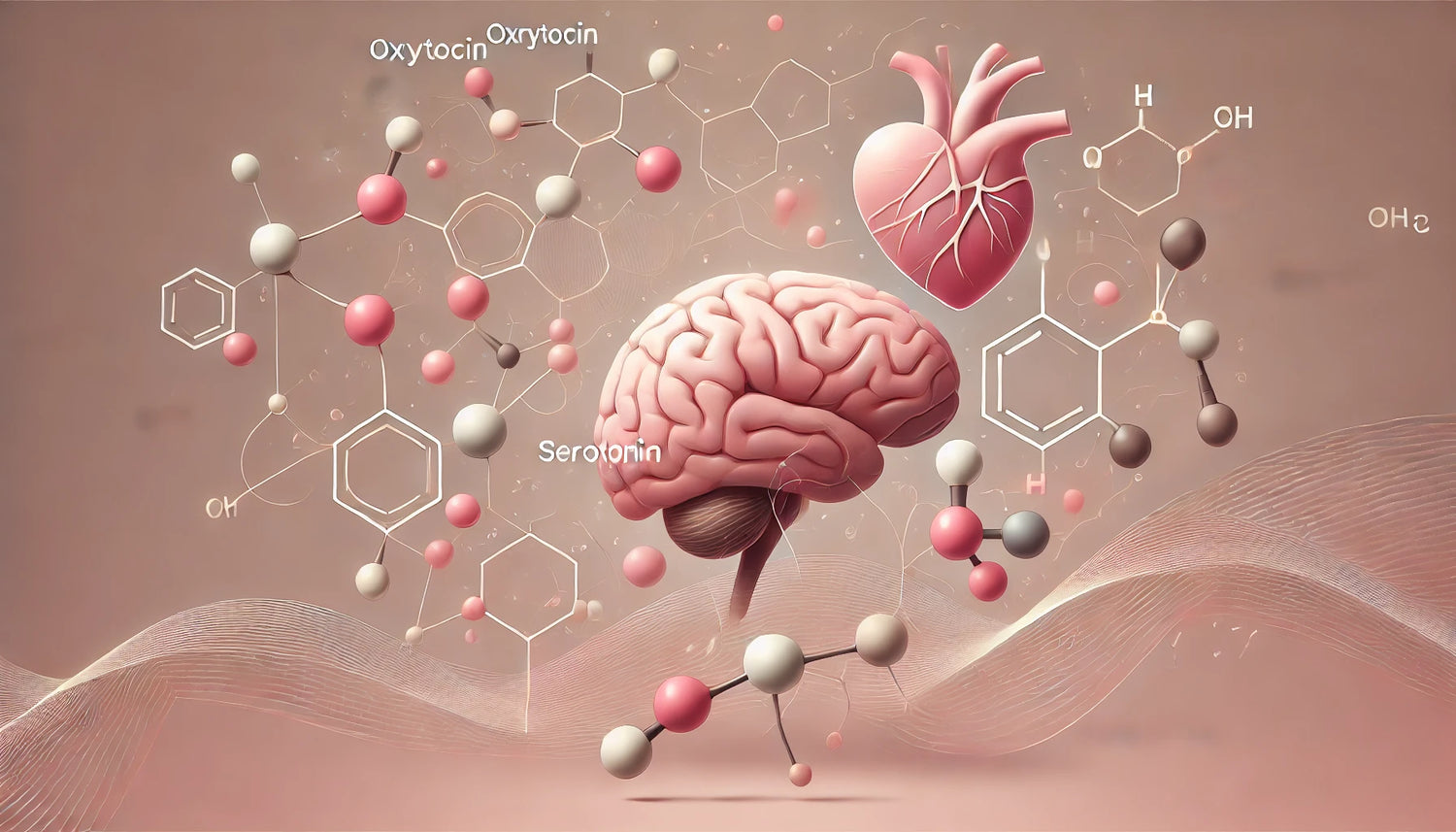STIs are caused by infectious agents. These could be viruses, bacteria or parasites. In this sense, we can classify them into 3 main categories .
Bacterial sexually transmitted infections
· Syphilis: In France, the number of syphilis diagnoses in CeGIDD (free center for information, screening and diagnosis of STIs) has been relatively stable since 2016. In 2021, 3,300 cases of syphilis were diagnosed there. Syphilis mainly affects men who have sex with men : this is 78% of cases diagnosed in 2021 in CeGIDD. In the absence of early treatment, this disease becomes chronic and the risk of transmission increases.
· Gonorrhea (or gonococcus): Also known under the names gonorrhea, hot piss or tickle , gonorrhea mainly affects people under 30, and in particular men. An increase in cases of gonorrhea has been observed in France for several years (between 15,000 and 20,000 new cases each year, more than half of which occur in men under 30). If left undiagnosed and untreated, this infection can lead to infertility.
· Chlamydia (or chlamydia): Chlamydia infections are very common among young people aged 15 to 25 and affect both men and women. They are one of the leading causes of infertility in women . In France, it is estimated that nearly 4% of young girls under 25 are infected with chlamydia and this figure is between 10 and 15% in the Paris region.
Parasitic sexually transmitted infections
· Trichonomasis: Trichonomasis is the most widespread sexually transmitted infection and young adults are particularly at risk. In 2020, the WHO estimated that 156 million people had contracted it worldwide. Trichonomasis represents 40% of STIs contracted worldwide every day.
Other viral diseases
· Hepatitis B: Hepatitis B is a liver disease caused by a virus which is transmitted mainly through sexual relations or contact with infected blood. This infection is mild in most cases. But in about 10% of infected people, hepatitis B becomes a chronic infection that can cause serious problems, such as cirrhosis or liver cancer. In France, it is estimated that 280,000 to 300,000 French people are affected by chronic hepatitis B, but almost half of them are unaware of it .
· Genital herpes: Genital herpes is a highly contagious and sexually transmitted viral disease. After the primary infection, the virus settles in the body and “goes to sleep” there . It then manifests itself, during outbreaks, by small blisters evolving into sores, located on or near the sexual organs. Globally, it is the fourth most common sexually transmitted infection. In France, the most recent studies show that genital herpes affects approximately 17% of the population. The latter also show that women are more affected than men.
· HIV: The human immunodeficiency virus (HIV) is an infection that attacks the body's immune system: HIV destroys these cells, weakening the effectiveness of the infected person's immune system against infections such as tuberculosis and certain cancers. In France, the number of discoveries of HIV seropositivity in 2021 was estimated at 5,013, a stable number compared to 2020. AIDS (acquired immunodeficiency syndrome) is the most advanced stage of HIV infection.
· Human papillomavirus (HPV): Human papillomaviruses are very contagious: 70% to 80% of men and women will encounter at least one papillomavirus during their life . In 90% of cases, the virus is eliminated by our immune system within 2 years following contamination, while in the remaining 10% of cases, the infection persists and can have serious consequences, such as a possible progression towards a lesion. precancerous and, within 10 to 30 years, towards cancer. Genital warts (or condyloma) are very contagious and annoying benign lesions that can appear following a papillomavirus infection. 100,000 new cases per year of genital warts are recorded in France among men and women. In France, nearly 3,000 new cases of cervical cancer are diagnosed each year and around 1,000 women die from it. In total, 6,400 cancers are linked to HPV viruses each year, including one in four in men.




